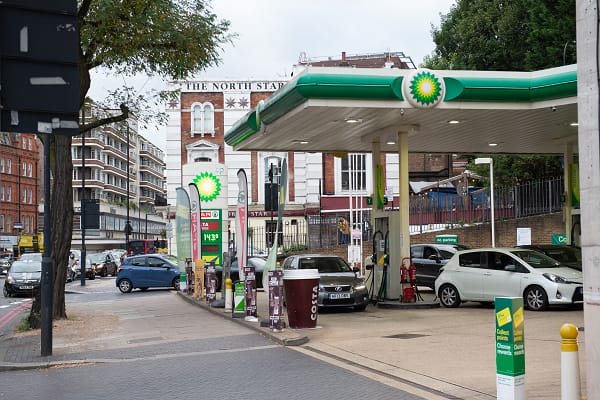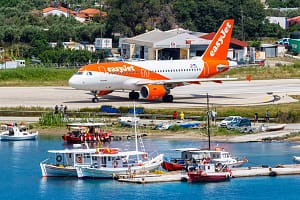Data collected by investment platform Saxo shows the effect rising fuel rates could have on Santa’s trip around the world on Christmas Eve this year
Delivering presents and toys across the world could cost Santa Claus a staggering £310,941,357 this Christmas, new research into fuel prices suggests.
Ahead of the big day, investment platform Saxo has worked out how much it would cost to travel around the world, estimated to be around 75,500,000 miles by the Massachusetts Institute of Technology.
As fuel prices remain high across Europe the new research from Saxo shows how much it would cost Santa Claus to travel the world in 2023 and 10 years from now in 2033 based on the average inflation rate of 3.56% over the past ten years.
Research reveals how much it would cost Santa to drive based on a car with a 1.4L engine using 168 miles per gallon and the current cost of fuel, which on average is 152.4p per litres in the UK.
Based on this it would cost Santa £310,941,357 to travel around the world and deliver all his presents.
But by 2033, this could skyrocket and cost the man in the big red suit a staggering £623,310,923 calculated by multiplying the current cost by the inflation rate of 3.56%, compared to ten years ago in 2013 when it would have cost £267,278,988 when fuel cost 131p per litre according to Gov.uk.
A spokesperson from investment platform Saxo said, “As the cost of living continues to hit people across the country, everyone’s disposable income is stretched further, even Santa’s.
“Our research shows that it would cost Santa Claus over £310 million to travel the world and deliver all his toys on Christmas Eve based on the current cost of petrol, which remains high due to a number of factors around the world.
“From our research, if the current inflation rate continues, petrol prices could rise to 305.5p per litre in just ten years, meaning it could cost Santa over £623 million to make the same trip in 2033.
“The Bank of England’s recent hold on interest rates at 5.25% marked the third time in a row the rate remains unchanged at a 15-year high. While things may get more expensive, incomes don’t necessarily rise in line with inflation, particularly at this time with wages have stagnated across the UK and the effect of inflation continues to affect everyday goods, purchases and services.”







Leave a Comment